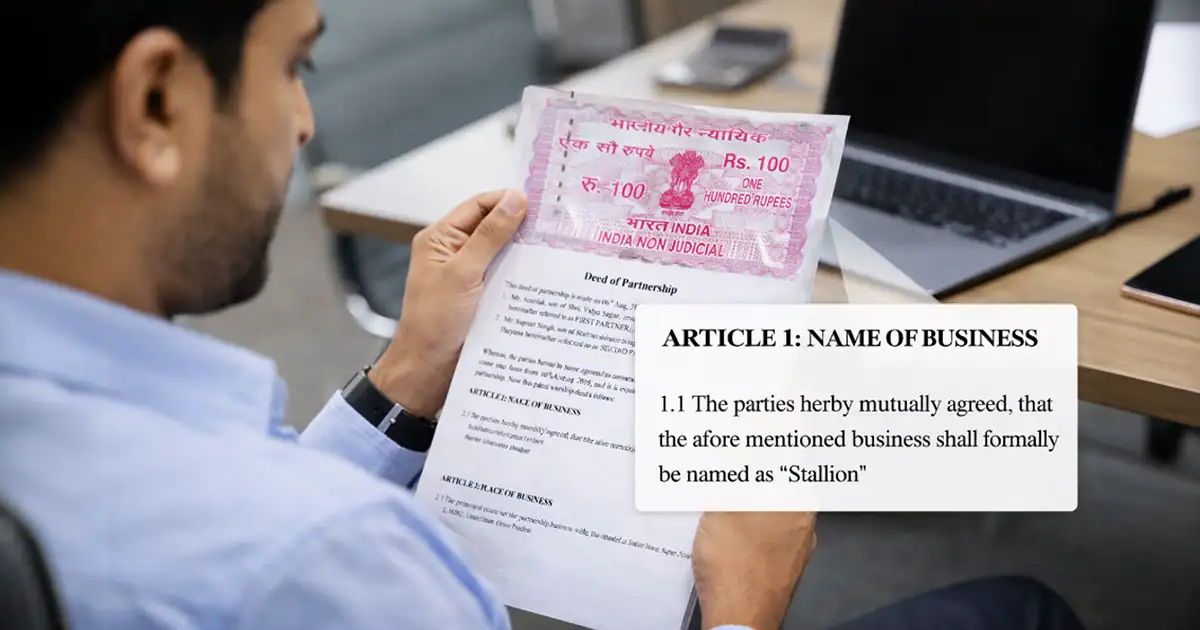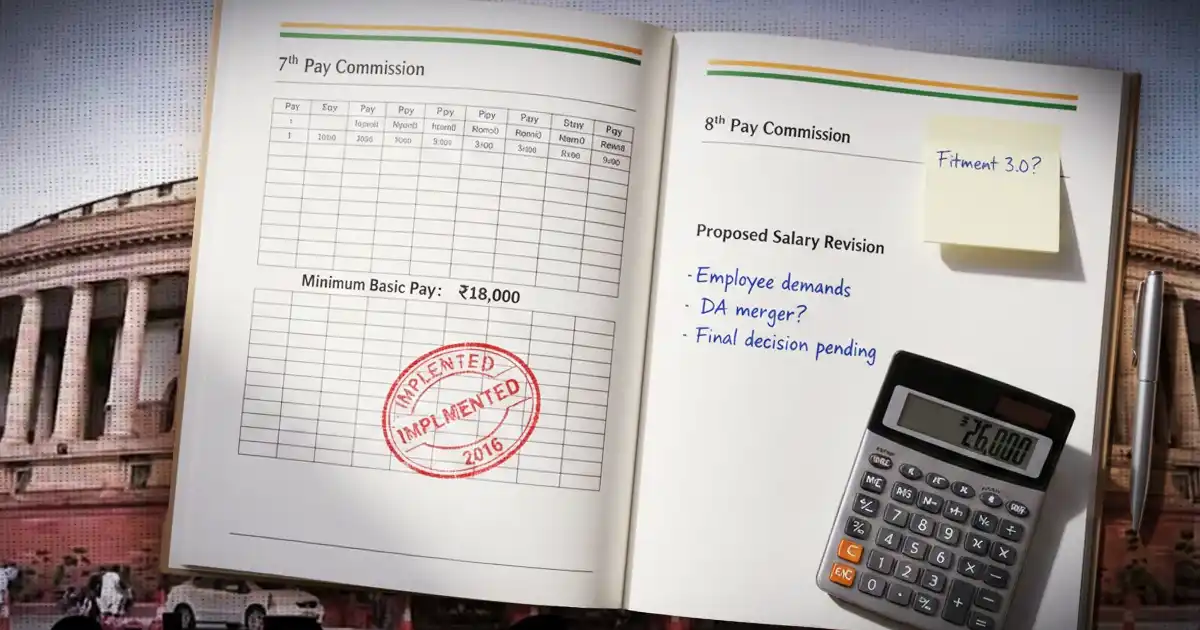A Master Service Agreement (MSA) is a contract that sets the basic rules for working together on multiple projects. It’s like a "guidebook" that helps both sides understand their roles and responsibilities.
The MSA covers important points like
- Payment Terms: Specifies when payments are due, how they should be made, and any related conditions.
- Deliverables: Clearly outlines what products, services, or results each party is expected to provide.
- Liabilities: Defines the responsibilities of each party and who is accountable in case of errors or issues.
- Dispute Resolution: Explains how conflicts will be handled, often through arbitration to avoid lengthy court cases.
- Confidentiality: Describes how shared sensitive or private information will be protected by both parties.
- Termination Clause: States how the agreement can be ended, including the notice period and valid reasons for termination.
Instead of creating a new contract for each project, the MSA is used as the main agreement. Then, smaller contracts called Statements of Work (SOWs) are added for each project.
When Is an MSA Agreement Used?
A Master Service Agreement is used when two parties expect to work together on more than one project. This is common in industries like IT, consulting, construction, and marketing. For example, a software company may sign an MSA with a client to cover all future software development projects.
The MSA is also helpful when the same terms will apply to many projects, or when several teams in a company work with the same vendor.
How does an MSA Work?
An MSA sets the foundation for all future business dealings between the parties by outlining key terms. For example, if a company hires a consultant for several projects by a single client, they sign a consultant services master agreement first. Then, for each project, they create a new SOW that follows the rules in the MSA. This way, both sides save time and avoid repeating the same negotiations.
The MSA covers big topics like payment terms, confidentiality, and intellectual property, while the SOW focuses on the details of each job.
Is an MSA a Legally Binding Contract in India?
Yes, a Master Service Agreement is a legally binding contract in India. After both parties sign the MSA, it becomes enforceable under the Indian Contract Act, 1872. This means if either side doesn't follow the agreement, the other can take legal action.
For the MSA to be valid in court, it must include the key parts of a contract, such as offer, acceptance, and consideration (something of value exchanged).
It’s also a good idea to include a dispute resolution clause, which explains how any disagreements will be handled. This could involve Indian courts or arbitration. Lastly, the agreement should be stamped as per the Indian Stamp Act, which differs from state to state.










